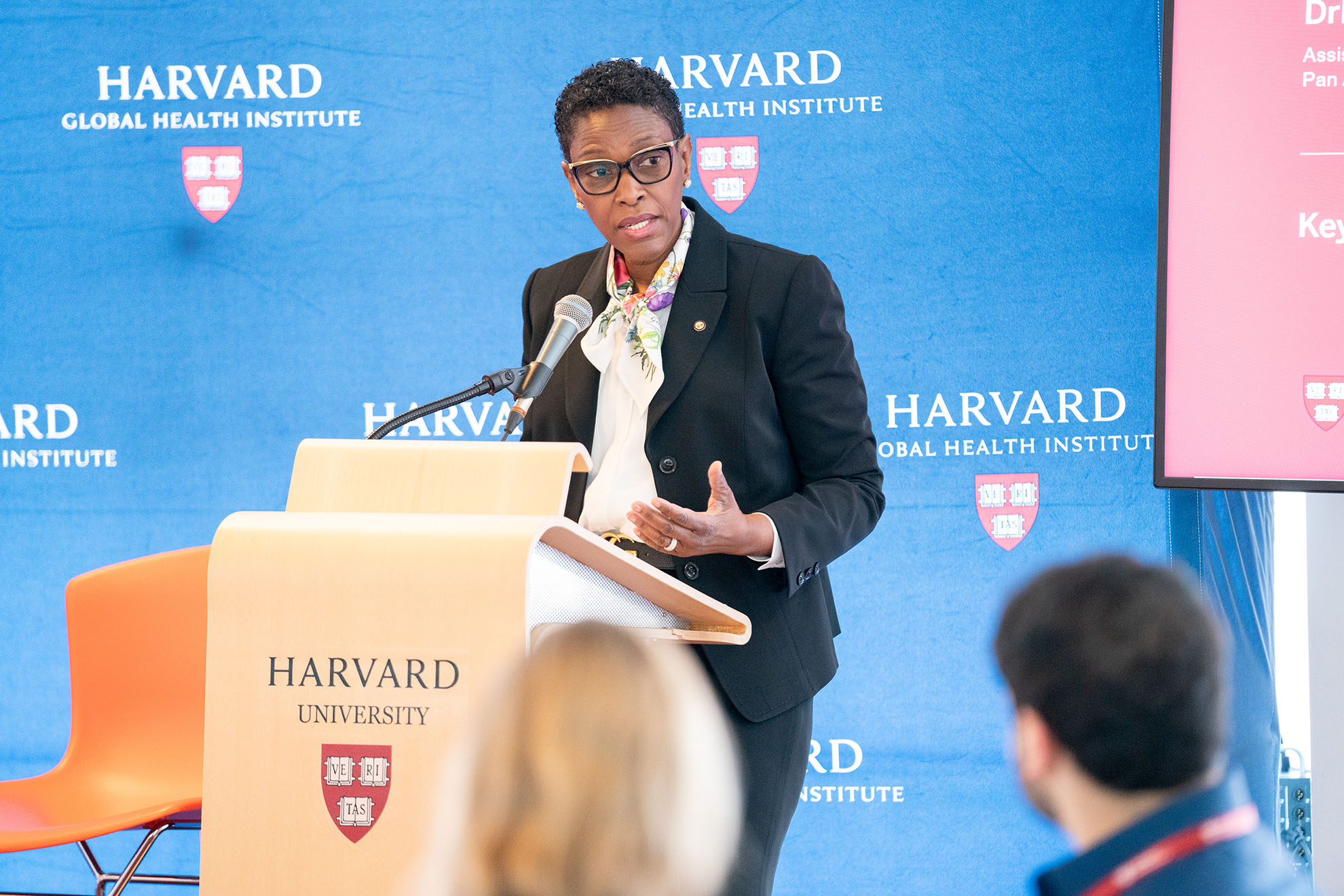Medical Miracles, Global Disparities: Why Some Still Can't Access Cutting-Edge Care

On a crisp April morning, the world's leading global health innovators converged at Harvard University for the 2025 Global Health Symposium, transforming a single day into a powerful platform for addressing humanity's most pressing health challenges. Renowned experts from diverse backgrounds and international institutions gathered with a shared mission: to forge collaborative solutions that could potentially reshape global healthcare landscapes.
The symposium brought together brilliant minds from multiple disciplines, creating a dynamic forum where cutting-edge research, strategic insights, and transformative ideas could intersect. Participants represented a wide spectrum of expertise, ranging from epidemiologists and public health researchers to policy makers and medical practitioners from across the globe.
Throughout the day, intense discussions explored critical issues facing global health, including emerging infectious diseases, healthcare accessibility in underserved regions, technological innovations in medical treatment, and strategies for addressing systemic health inequalities. The collaborative spirit of the event underscored the interconnected nature of global health challenges and the importance of unified, interdisciplinary approaches to solving them.
